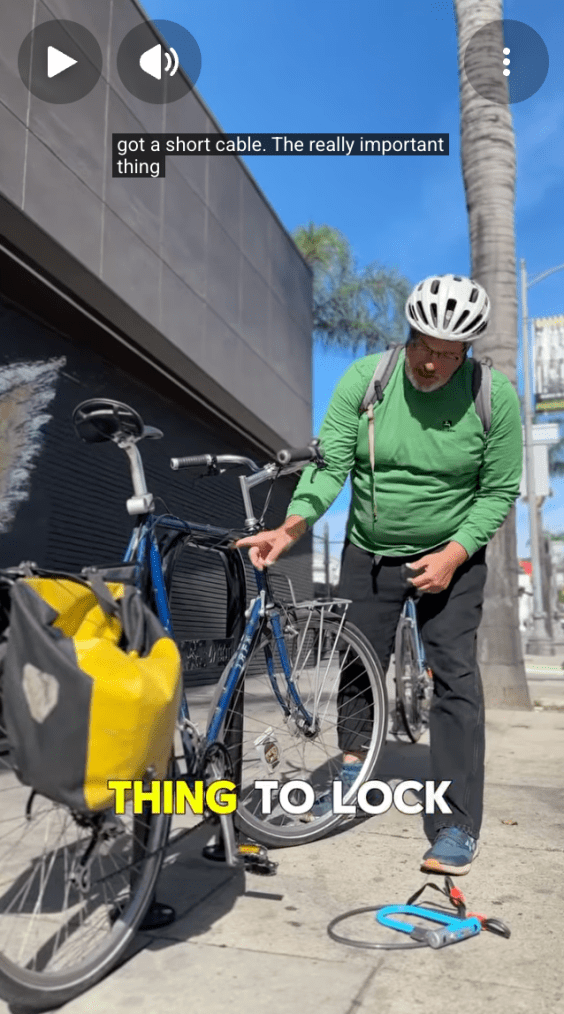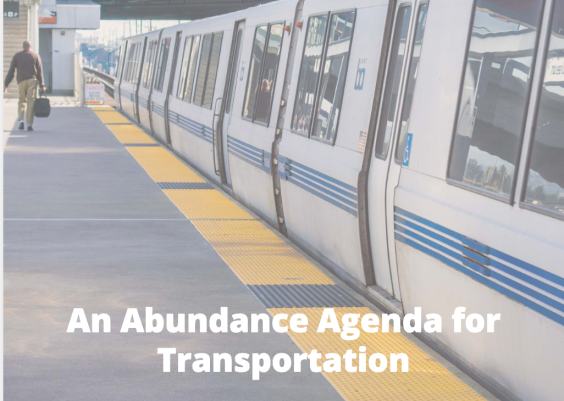To call Rep. Pete Sessions (TX), chairman of the House Republican
campaign committee, a critic of the Obama administration's stimulus law
would be putting it mildly. Sessions marked the one-year anniversary of
the law's passage last week by labeling the stimulus a "massive spending binge" that only "allegedly" created jobs in his district.
 Is
Ishis advocacy for Dallas's streetcar a sign of things to come from Rep.
Pete Sessions (R-TX, pictured with bicycle pump)? (Photo: Bildungblog)
So
Democrats could be forgiven for chuckling at the letter written by
Sessions last fall in support of stimulus funding for Dallas' new
downtown streetcar. Giving a TIGER stimulus grant to the streetcar
project "will
create jobs in the region and improve the quality of life for
North Texans,” Sessions wrote to Transportation Secretary Ray LaHood at
the time -- a request that paid off, as the streetcar claimed $23 million in TIGER money.
And Sessions wasn't alone, as Bloomberg reports today
in a must-read story that counts more than 100 critics of the stimulus
law (both Republican and Democratic) who later turned around to seek
TIGER aid for transportation projects in their districts. Bloomberg
quotes Sessions attempting to contextualize his position on the
streetcar:
Sessions, in an e-mail, called the stimulus an “abjectfailure” and said he’d vote against it again if he could.
The lawmaker said his objections don’t keep him “fromasking federal agencies for their full consideration of criticalinfrastructure and competitive grant projects for North Texaswhen asked to do so by my constituents.”
Former Republican Sen. Alan Simpson (WY), appointed by the president to
co-chair a highly visible deficit reduction commission, told Bloomberg
that lawmakers' have-their-cake-and-eat-it-too approach to stimulus aid
amounts to "hypocrisy."
But
it could also have an unlikely upside for backers of the infrastructure
policy-making strategy epitomized by the $1.5 billion TIGER program
(short for Transportation Investments Generating Economic Recovery).
TIGER
was intended as a first step towards transitioning federal transport
spending away from an oft-politicized, formula-based process that
frequently favors road projects over transit to a merit-based process
that favors projects with the biggest economic and environmental
benefits. As the Natural Resources Defense Council's Colin Peppard noted today on the National Journal's blog, reformers hope to see TIGER become a model for the next long-term transport bill.
In
that light, support for federal streetcar aid from an uber-conservative
such as Sessions could be a sign of bipartisanship to come once
Congress gets to work in earnest on that long-term transport bill.
Another conservative Texas Republican, Rep. Kay Granger, was caught by
Bloomberg seeking help for a toll road that she claimed would generate
3,500 jobs -- even as her state's GOP gubernatorial candidates duke it out over who can criticize toll roads more vocally.
To
be sure, not every Republican who popped up in the Bloomberg story was
seeking TIGER funds for clean transportation projects. But if
conservative lawmakers such as Sessions and Granger were willing to
stick their necks out for road pricing and transit at the behest of
their constituents, winning passage of a reform-minded federal
transport bill may well be easier than Democrats think. (If only they
could figure out a way to pay for it.)





